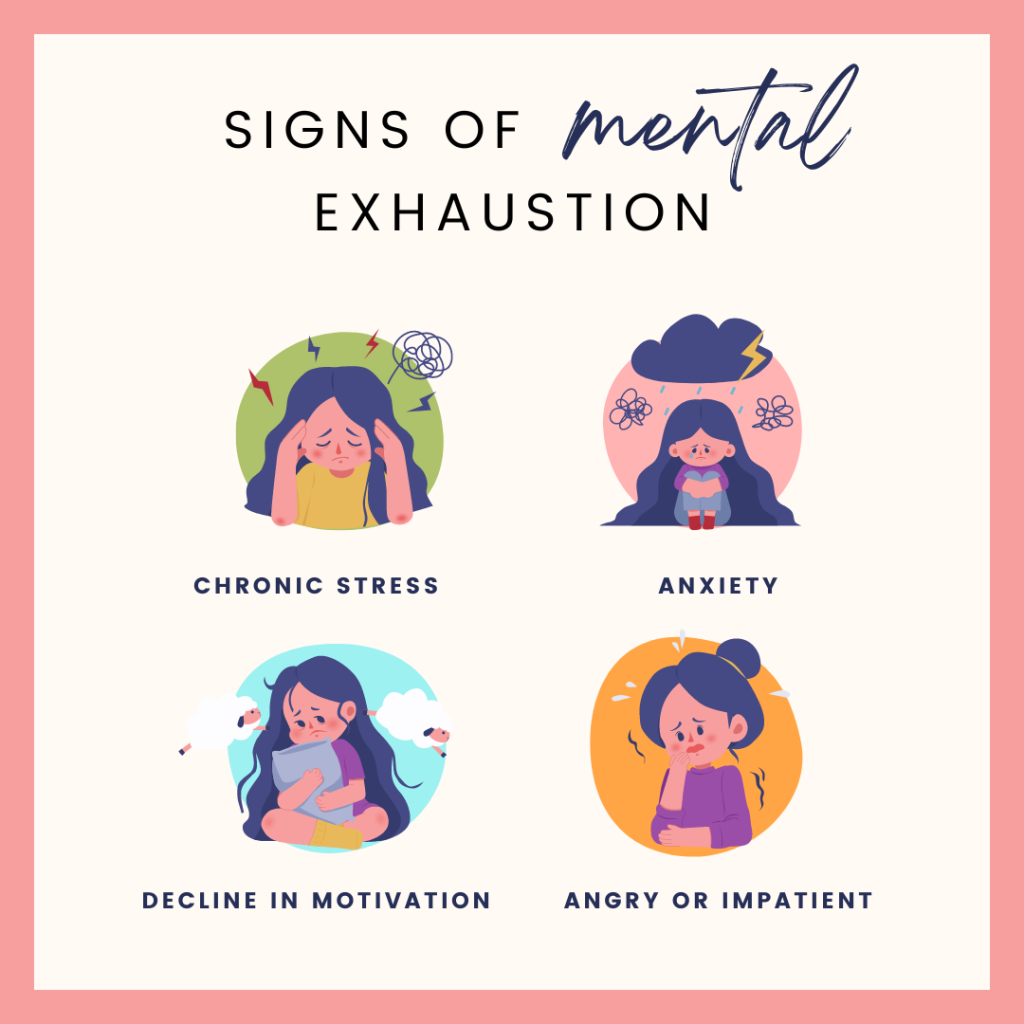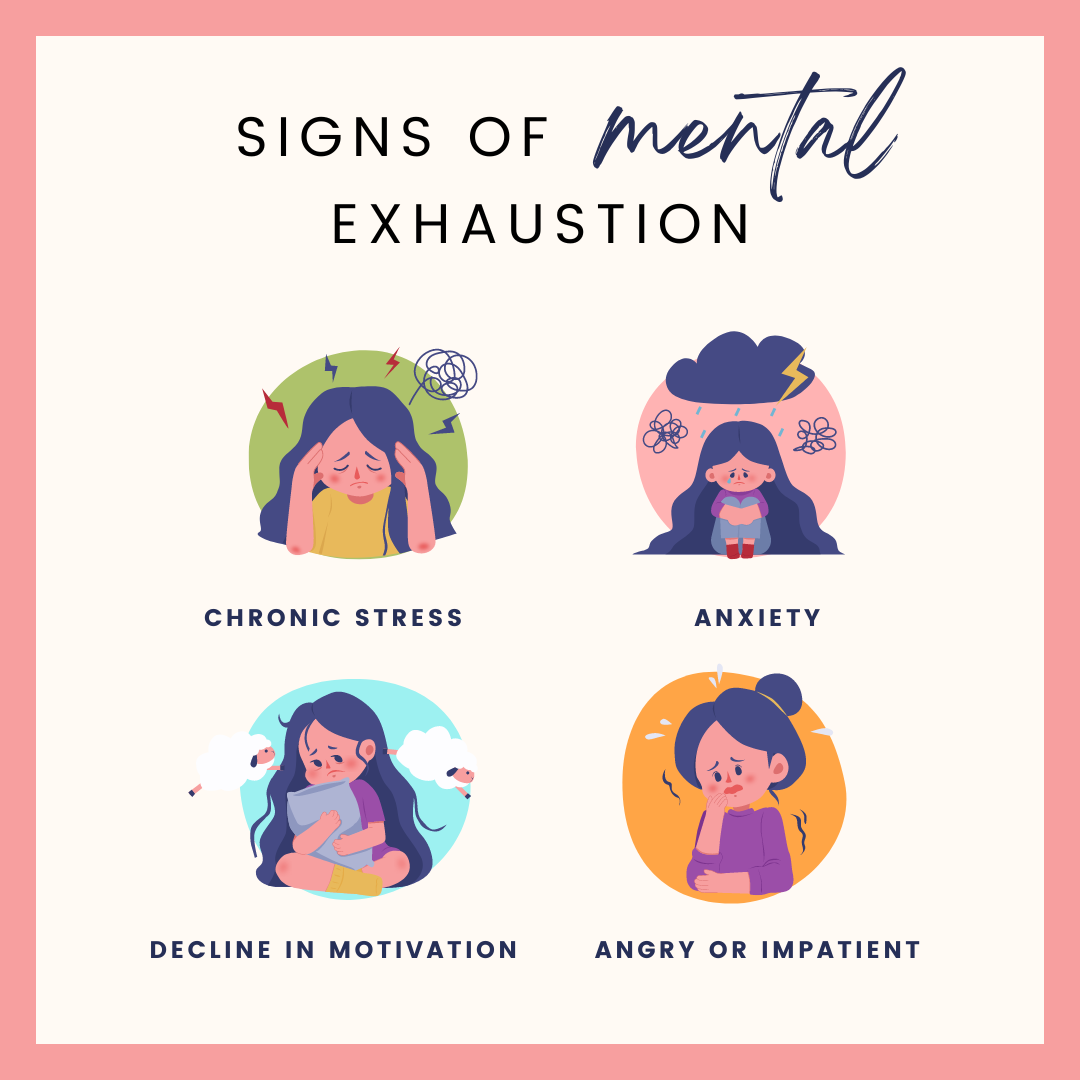Stress is a natural response to challenging situations, but when it becomes chronic or overwhelming, it can significantly impact mental health. This article explores the effects of stress on mental well-being, signs and symptoms to watch for, and the importance of seeking support for better mental health outcomes.
- Effects of Stress on Mental Health: Chronic stress can exacerbate or contribute to various mental health conditions, including:
- Anxiety Disorders: Stress can trigger or worsen symptoms of generalized anxiety disorder, panic disorder, social anxiety disorder, or specific phobias. Persistent worry, restlessness, and heightened fear responses are common symptoms.
- Depression: Prolonged stress can increase the risk of developing depression or exacerbate existing depressive symptoms. Feelings of sadness, hopelessness, loss of interest in activities, and changes in sleep or appetite may occur.
- Post-Traumatic Stress Disorder (PTSD): Exposure to traumatic events or prolonged stress can lead to PTSD, characterized by intrusive memories, flashbacks, hypervigilance, and avoidance of reminders of the trauma.
- Substance Use Disorders: Some individuals may turn to alcohol, drugs, or other substances as a way to cope with stress, which can lead to substance use disorders and further exacerbate mental health issues.
- Recognizing Symptoms of Stress: It’s important to recognize when stress is impacting mental health and seek help if needed. Symptoms may include:
- Emotional: Persistent sadness, anxiety, irritability, mood swings.
- Cognitive: Difficulty concentrating, memory problems, racing thoughts.
- Behavioral: Changes in appetite, sleep disturbances, withdrawal from social activities.
- Physical: Headaches, muscle tension, digestive issues, increased heart rate.
- Seeking Support and Treatment: Managing stress and its impact on mental health often requires a multifaceted approach:
- Professional Help: Consult a mental health professional such as a therapist or counselor who can provide strategies for managing stress, coping with symptoms, and addressing underlying mental health conditions.
- Medication: In some cases, medications may be prescribed to manage symptoms of anxiety, depression, or other mental health disorders exacerbated by stress.
- Support Networks: Lean on friends, family, or support groups for emotional support and encouragement. Sharing experiences with others who understand can provide validation and reduce feelings of isolation.
- Self-Care Practices: Incorporate self-care activities into daily routines, such as relaxation techniques, hobbies, exercise, and healthy eating habits. Taking time for oneself and prioritizing mental and physical well-being is essential for managing stress.
By understanding the impact of stress on mental health, recognizing symptoms early, and seeking appropriate support and treatment, individuals can take proactive steps toward improving their overall well-being. Addressing stress effectively can enhance resilience, reduce the risk of mental health disorders, and promote a healthier, more balanced life.



